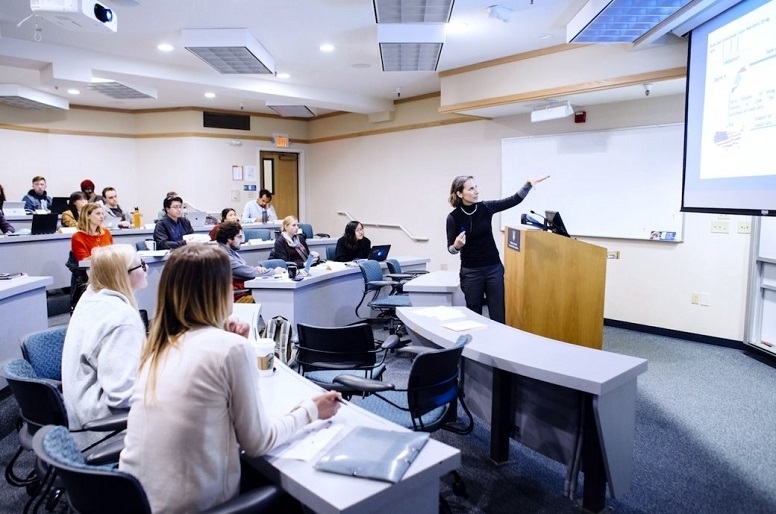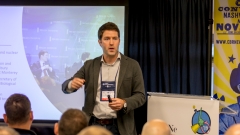The Future of Financial Crime
Moyara Ruehsen, professor of financial crime intelligence and director of the Financial Crime Management program, was recently interviewed by Kyckr as part of their Future of Financial Crime Series to share her perspectives on trends in the financial crime industry.




